Health
-

Break in the case for long COVID investigators
Research highlighting chronic inflammation opens path to treating illness that affects millions of Americans

-

The problem with the school smartphone debate
Study finds most districts already regulate devices. Is the real issue enforcement?

-
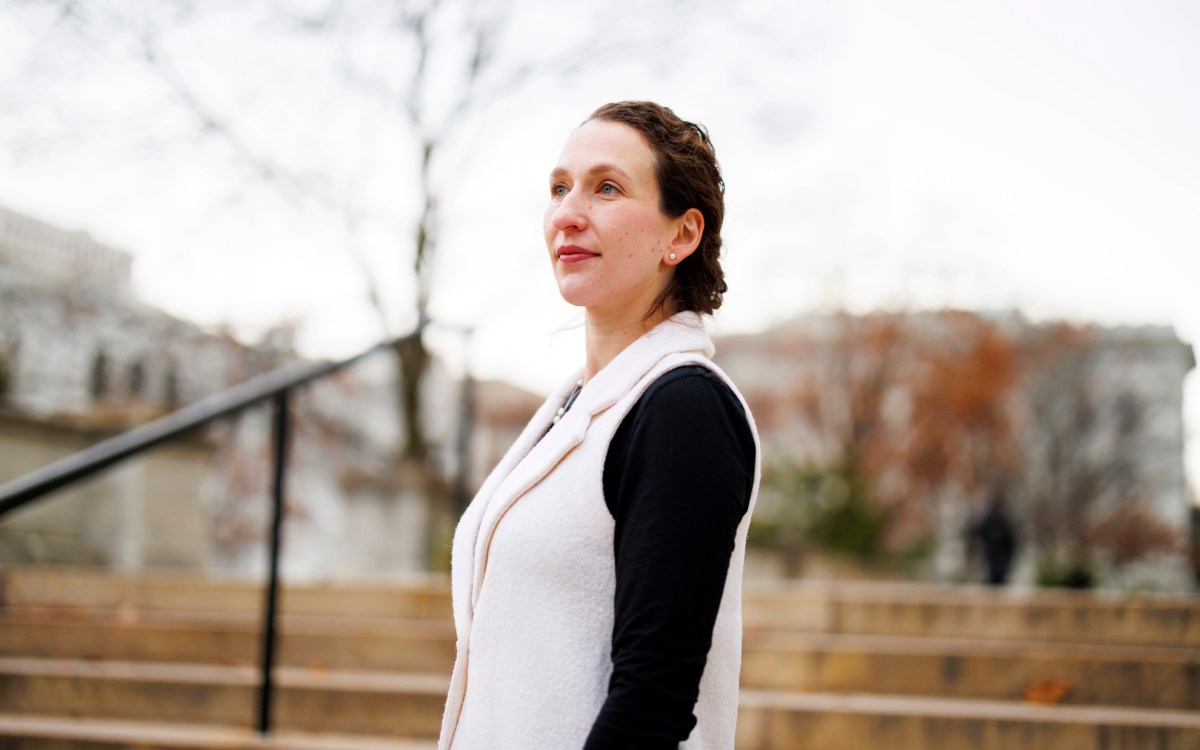
Just who gets a say at FDA public drug-approval hearings?
New research shows negative voices are relatively rare in drug approval hearings.
-

Your digital twin might save your life
AI, statistics offer new possibilities for personalized medicine
-

Time to legalize psychedelics?
Campus debate weighs therapeutic need vs. safety questions
-

How a toxin from the gut microbiome may help spark colorectal cancer
Findings suggest colibactin may be promising target for disease prevention

-
An algorithm to help predict Alzheimer’s
Researchers have developed a software-based method of scanning electronic health records to estimate the risk that a healthy person will receive a dementia diagnosis in the future.

-
Merry and bright?
Natalie Dattilo discusses how the holiday season can trigger the blues — and how to help avoid them.

-
Home hospital model reduces costs by 38%, study says
The first randomized controlled trial of the home hospital model in the U.S. reports improvements in health care outcomes while reducing costs by 38 percent.
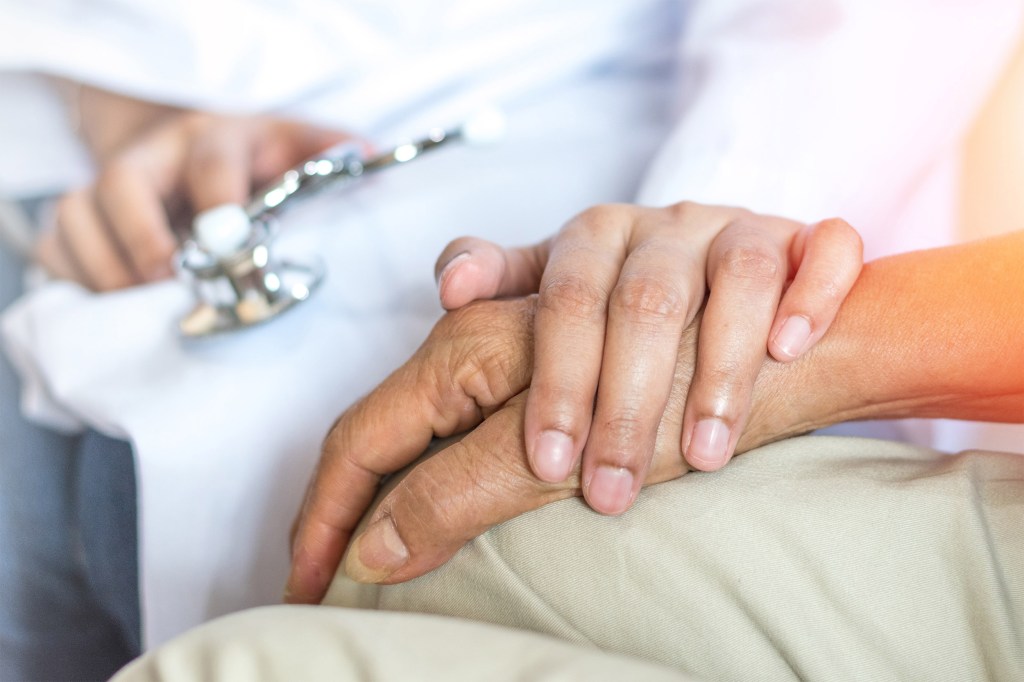
-
Pediatric antibiotic exposure ‘alarming’
A new study has found that between 2007 and 2017, children in eight low- and middle-income countries received, on average, 25 antibiotic prescriptions from birth through age 5 — up to five times higher than the already high levels observed in high-income settings.
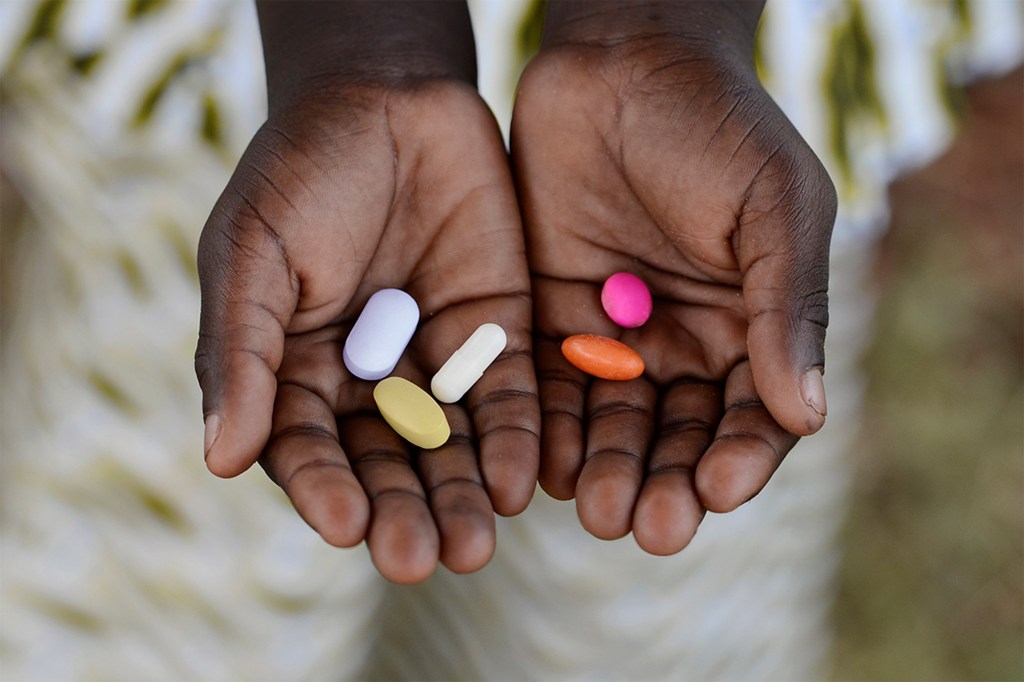
-
Fewer Americans are getting primary care
A national analysis revealed an alarming decline in primary care use, which is associated with better health outcomes than episodic, inconsistent care. The decline was most pronounced among younger Americans and those without complex medical conditions.

-
Psychology’s new openness to religion
A McLean psychologist has pioneered a program that aims to bring together two key emotional forces at work in patients’ lives: spirituality and counseling.

-
More than a watchdog
A study in mice shows the nervous system not only detects the presence of Salmonella in the gut but actively stops the organism from infecting the body by shutting the cellular gates that allow bacteria to invade the intestine and spread beyond it.

-
Inflammatory processes may play role in ALS
Accumulating evidence suggests that inflammatory processes may play a role in the initiation and progression of amyotrophic lateral sclerosis (ALS).

-
CAGEs lock up fats to treat obesity
Harvard researchers have found an orally administered liquid salt — choline and geranate — that can reduce the absorption of fats from food with no discernable side effects in rats, lowering total body weight by about 12 percent.

-
A gateway to eating disorders
Young women’s use of diet pills, laxatives for weight control linked with later eating disorder diagnosis.

-
A push to aid healthy aging
The National Academy of Medicine is mounting a Healthy Longevity Global Grand Challenge that seeks to boost innovation on healthier aging.

-
Harvard Chan School, Apple, and NIH launch women’s health study
Harvard Chan School, Apple, and NIH have officially launched a groundbreaking study that has potential to become the largest-ever study of women’s health.

-
Faster testing for illicit drugs
The landscape of the illegal drug trade changes constantly, particularly amid the current opioid crisis. Law-enforcement officers regularly find or confiscate pills, powders, and other substances and need to know…
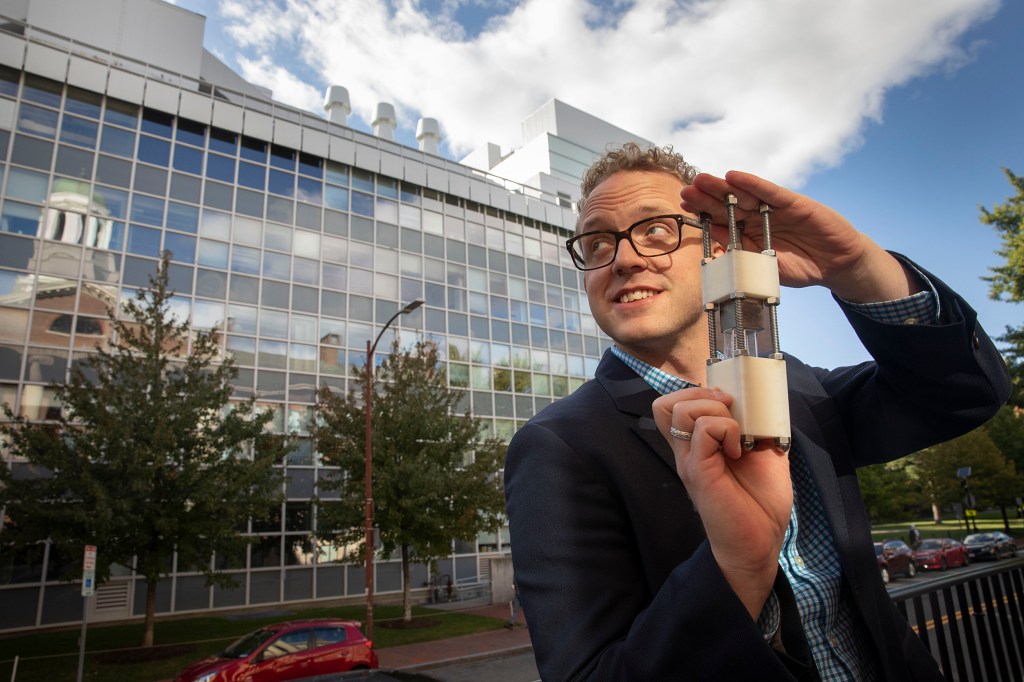
-
Is eating red meat OK, after all? Probably not
Red meat recommendations and meat from plants: Chan School Nutrition Department head Frank Hu talks about recent developments in diet.

-
Exercise reduces chronic inflammation, protects heart, study says
A new study identifies a molecular connection between exercise and inflammation that takes place in the bone marrow and highlights a previously unappreciated role of leptin in exercise-mediated cardiovascular protection.
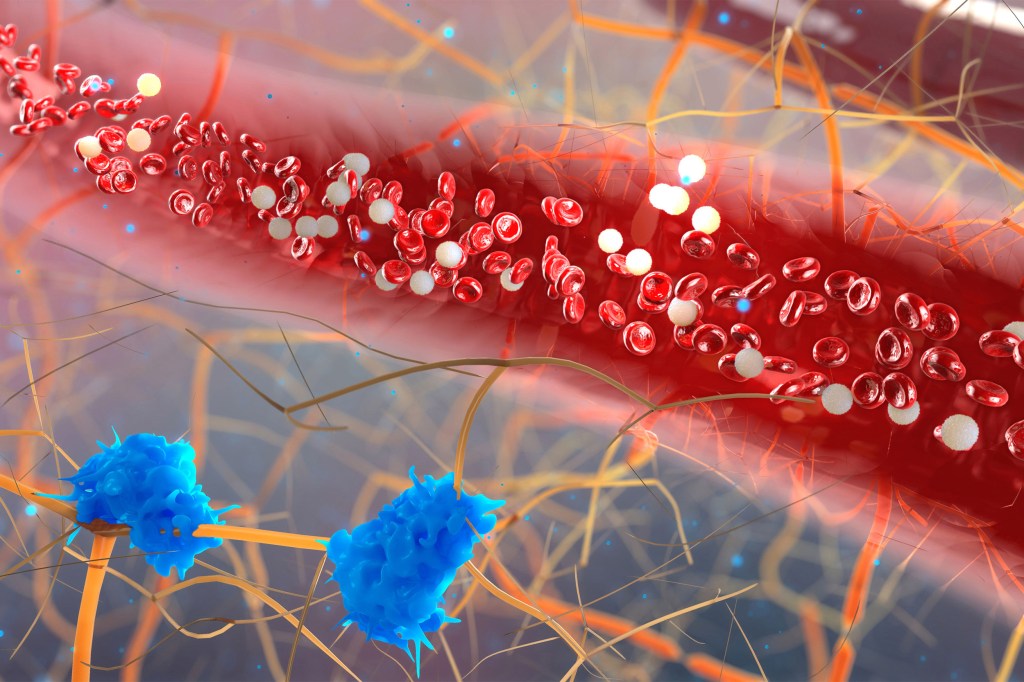
-
Lower risk of depression with elevated exercise
After mining millions of electronic health record data points, researchers found people who were more physically active at baseline were less likely to develop depression, even after accounting for genetic risks.

-
Why some people are resistant to Alzheimer’s
A new study provides insights on why some people may be more resistant to Alzheimer’s disease than others.

-
Racial disparities found in culturally competent cancer care
A new study from Harvard-affiliated Dana-Farber Cancer Institute finds that non-white minority survivors are less likely than non-Hispanic whites to be seen by cancer specialists who share or understand their culture.

-
How a doctor learned to become a caregiver
Harvard Professor Arthur Kleinman’s wife, Joan, began to struggle with a rare form of early Alzheimer’s disease at 59.

-
Study suggests how measles depletes body’s immune memory
A new Harvard study shows measles wipes out 11 percent to 73 percent of antibodies against an array of viruses and bacteria, depleting a child’s previous immunity, which underscores the importance of measles vaccination.
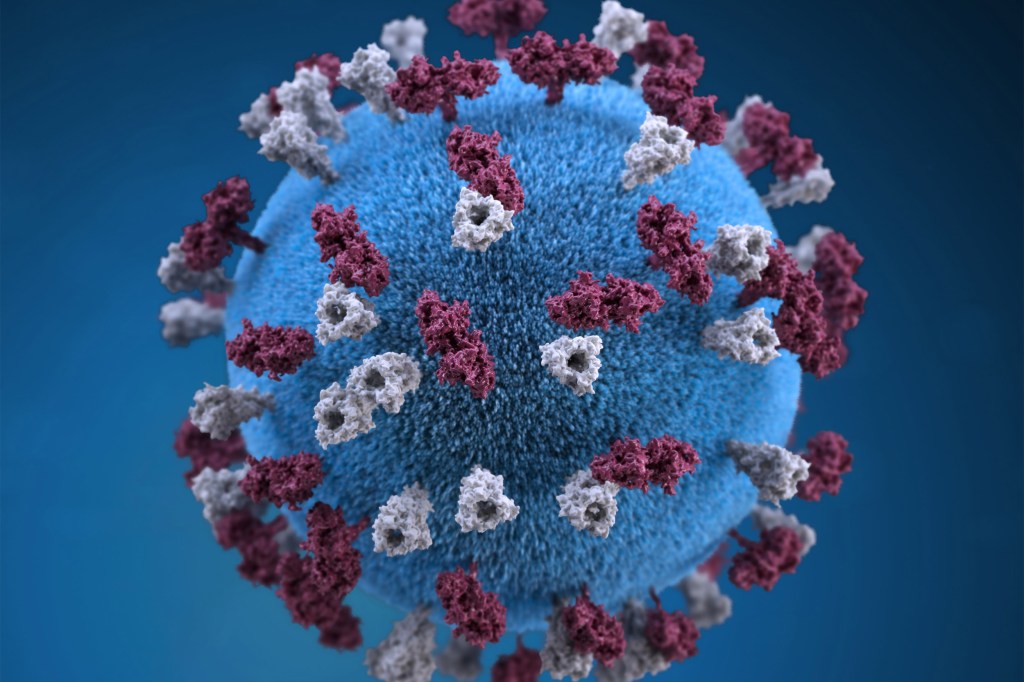
-
Bringing the Bone Box back to life
Countway Library is looking to revive the Bone Box program, which originally let anatomy students check out real human bones.
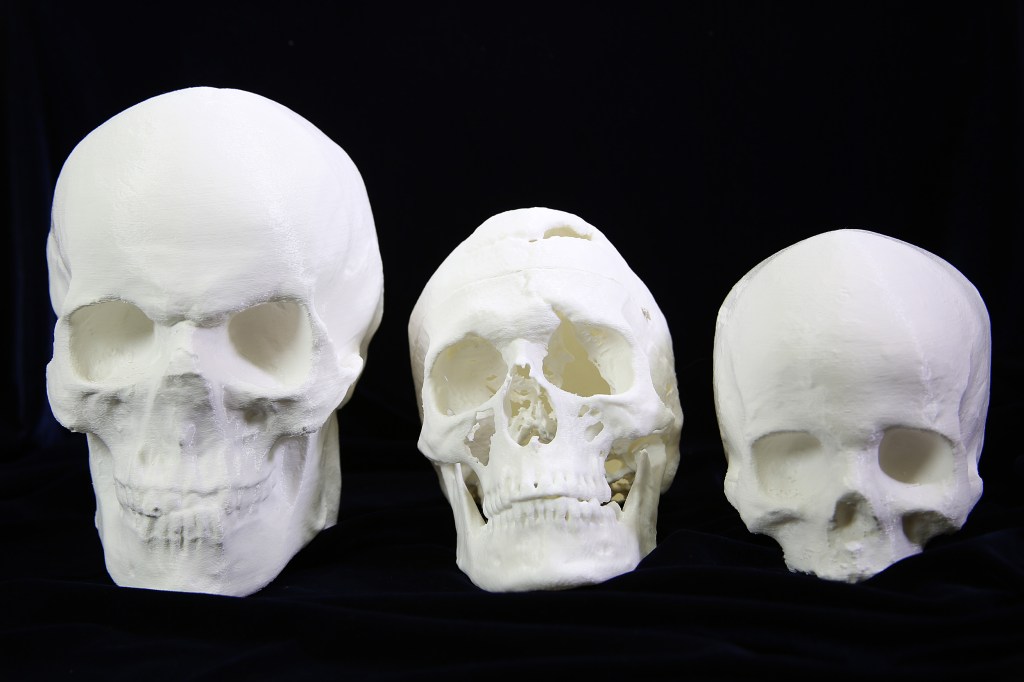
-
Power and pitfalls of gene editing
CRISPR gene-editing technology has conquered the lab and is poised to lead to new treatments for human disease. Experts consider the promise and peril at Radcliffe.
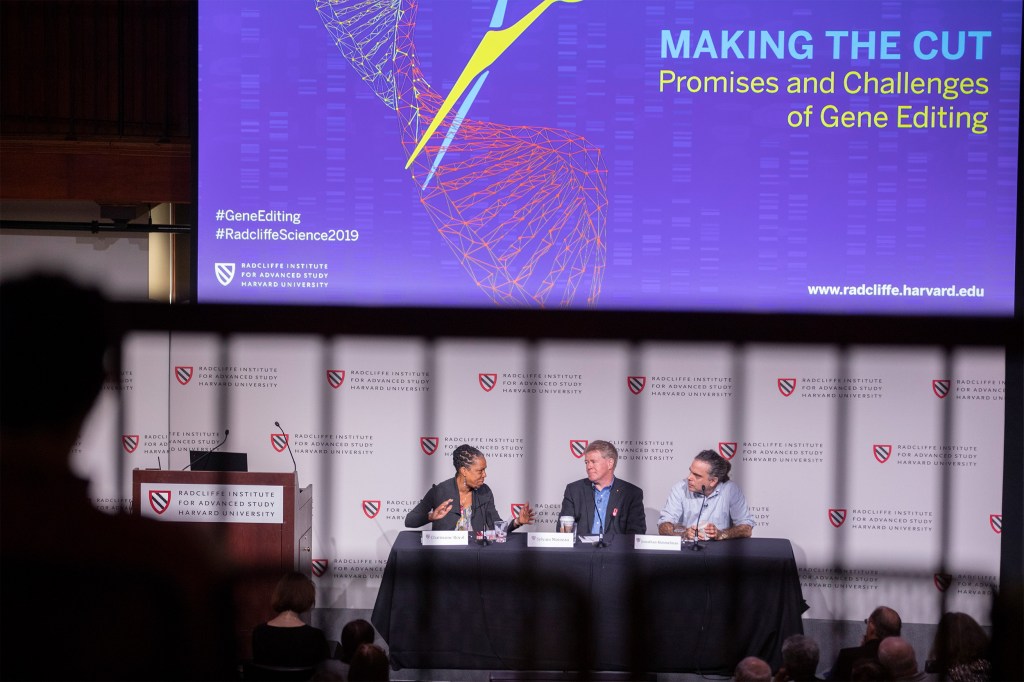
-
A timely triage test for TB
A team of researchers has developed a point-of-care TB test that costs only $2 and gives results in about 30 minutes, lowering the barrier to care in low-resource settings and potentially saving millions of lives.
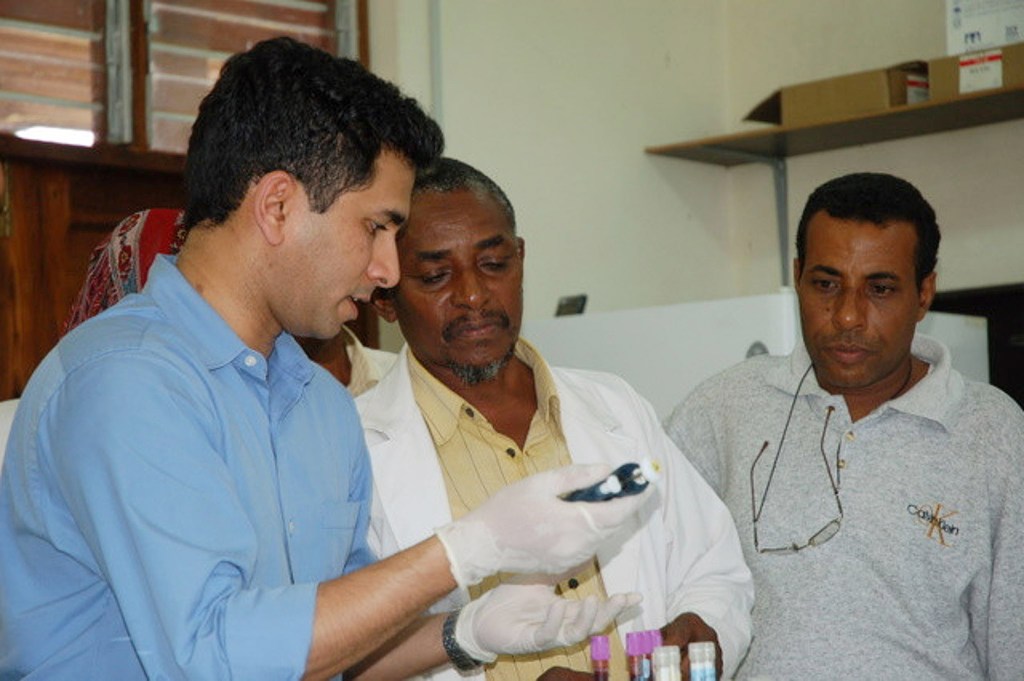
-
The speed of discovery
One year after the Blavatnik Family Foundation announced a $200 million commitment to Harvard Medical School, philanthropist Len Blavatnik spent the day at HMS visiting with scientists to learn more about research taking place on campus.

-
Learning not to fear
A study using mindfulness meditation showed changes over time in neural responses to pain and fear. The researchers found that changes in the hippocampus after mindfulness training were associated with enhanced ability to recall a safety memory, and thus respond in a more adaptive way.

-
Stigma of opioids a hurdle to solving crisis
“Can you think of all the tax dollars it’s cost for you to go to detox?” the doctor asked Raina McMahan when she arrived at the clinic in Revere seeking…

-
Bringing women to the forefront of global health
A Harvard panel on women in the global health workforce examines ways to keep pushing for gender equity.

-
Harvard to launch center for autism research
Created with $20 million gift, the Hock E. Tan and K. Lisa Yang Center for Autism Research at Harvard Medical School will aim to unravel the basic biology of autism and related disorders.

-
Specialists take on opioid crisis
A conference sponsored by Harvard and the University of Michigan will examine the role that stigma plays in the nation’s opioid crisis and ways it slows and alters responses.

-
Michael Pollan wants to change your mind
Author and Harvard professor Michael Pollan talks about his new book on psychedelic drugs, “How To Change Your Mind,” at HubWeek.



